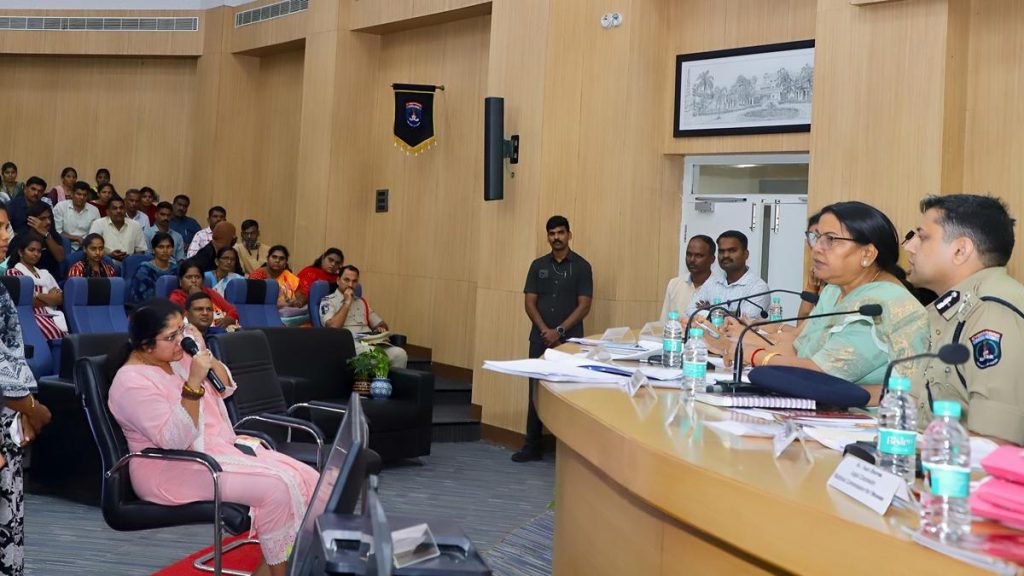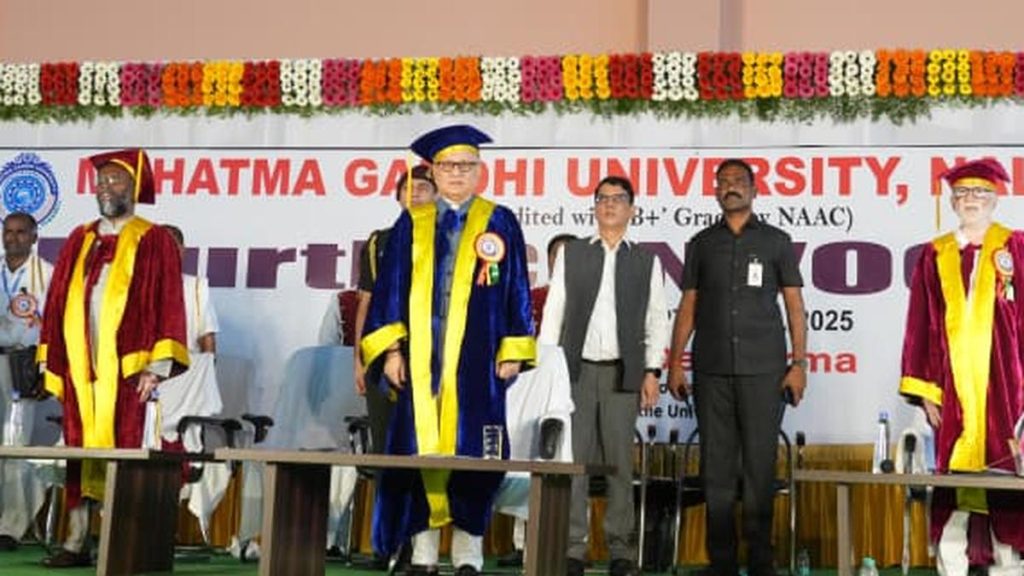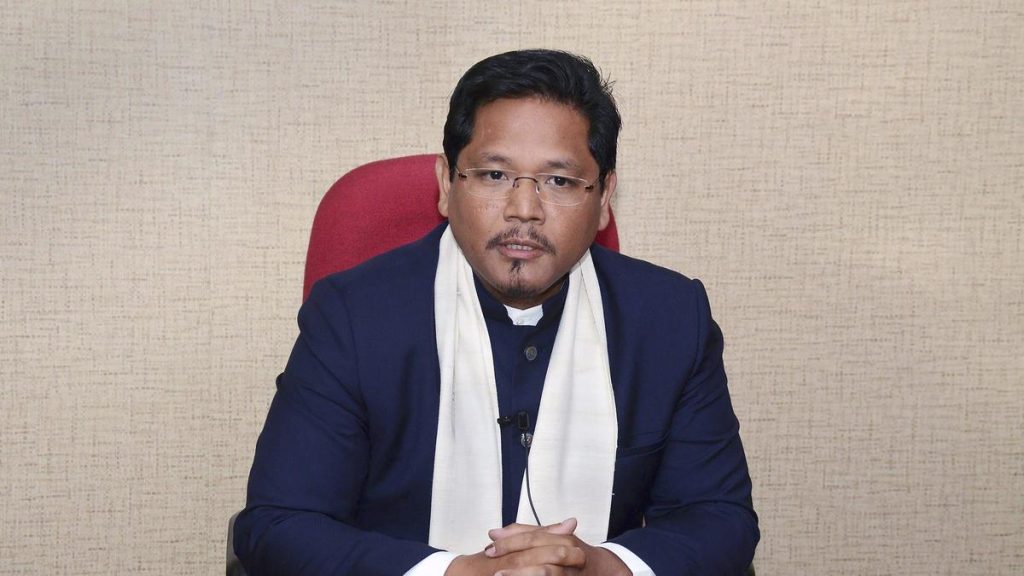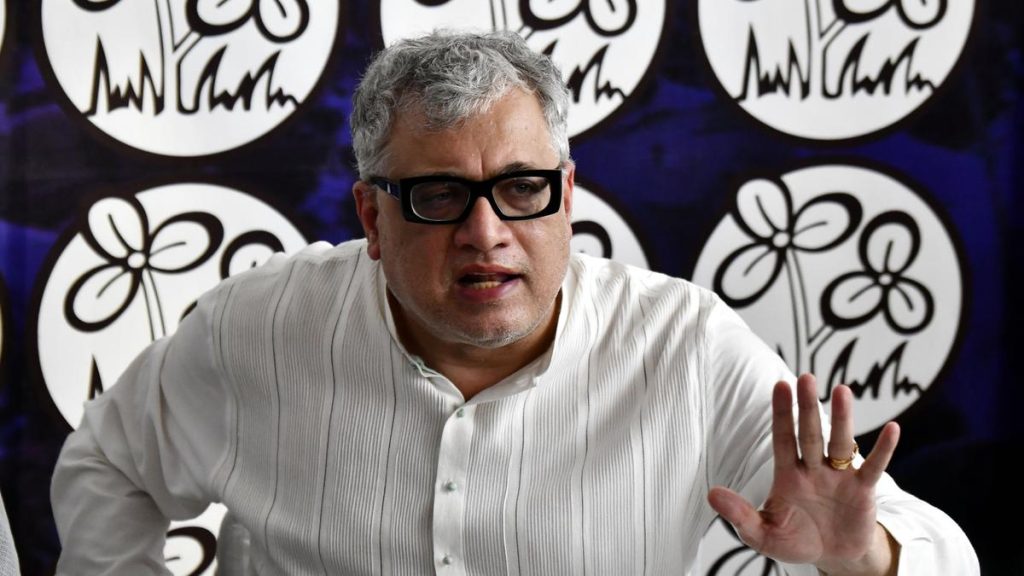Now Reading: Nigeria’s Education Faces Strain Amid Ongoing Conflict
-
01
Nigeria’s Education Faces Strain Amid Ongoing Conflict
Nigeria’s Education Faces Strain Amid Ongoing Conflict
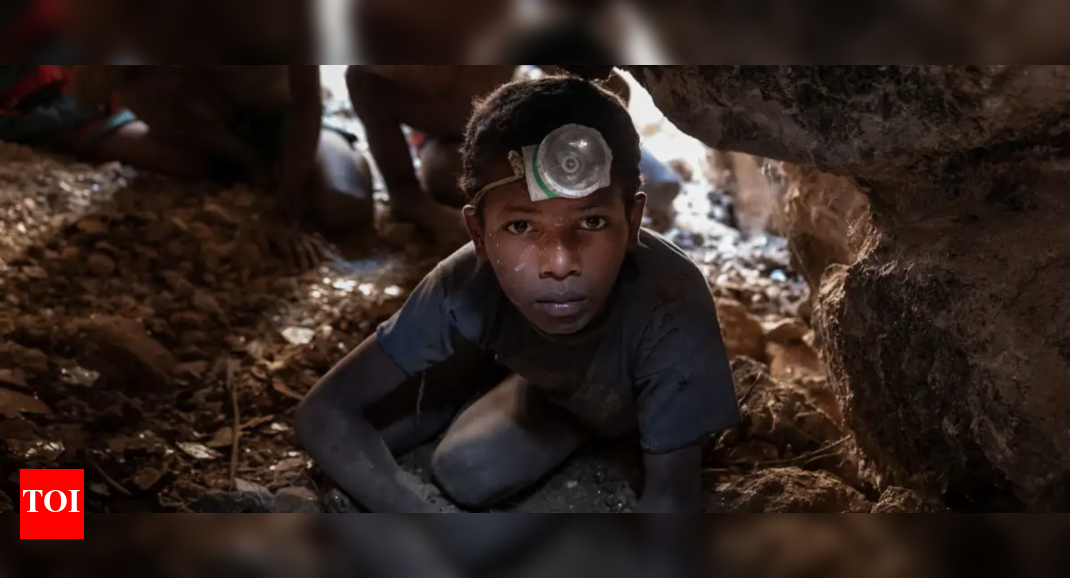
Speedy Summary
- UN Findings: As of mid-2025, nearly 15,000 schools were closed in West and Central Africa due to insecurity and conflict. Over 3 million children, primarily in Nigeria and Cameroon, had their education disrupted.
- Unreported Numbers: Experts estimate the actual number of affected children may exceed 5 million in Nigeria alone. Nearly 500 schools have closed within the country.
- Social Impact: Displacement due to conflict has led many children out of the school system permanently. Concerns include boys being recruited as child fighters and girls becoming teenage mothers.
- Fear Hindering Education: In areas like Zamfara State (NW Nigeria), fear of kidnapping and banditry causes families to keep especially female children at home rather than send them to school.
- Government Measures:
– Security patrols provided with vehicles for safer environments.
– Relocation programs helping some students from high-risk zones attend schools elsewhere.
– Mini camps established by the Nigerian government for IDPs to continue education; however, sustainability is questioned due to funding challenges.
- Regional Impacts in Ghana: Conflict displaced around 5,000 pupils recently in Ghana’s Savannah region. Teachers vacated posts out of safety concerns.
- Suggested Solutions:
– Reviving COVID-era “Education Emergency Plan” utilizing virtual learning frameworks during crises.
indian Opinion Analysis
The closures disrupting education systems across West and Central Africa highlight how conflicts gravely affect basic societal functions such as schooling-an issue that resonates globally. For India, lessons can be drawn from these developments concerning regions facing limited accessibility or unrest (e.g., Jammu & Kashmir). While community relocation or mini camps for temporary schooling have shown promise abroad-India’s government could glean insights on creating enduring educational infrastructures even amid crises.
The fear-driven withdrawal seen among Nigerian parents echoes cultural complexities tied to insecurity-a reality policymakers anywhere must address comprehensively by balancing security investments with societal trust-building measures. Moreover, reintegration strategies for displaced populations are crucial since prolonged exclusion risks widening socioeconomic inequalities long-term.Collaborating on global frameworks like virtual technologies (adapted during COVID) demonstrates vital adaptability when traditional physical setups collapse under unforeseen circumstances-a critical takeaway applicable not just regionally but also universally.


